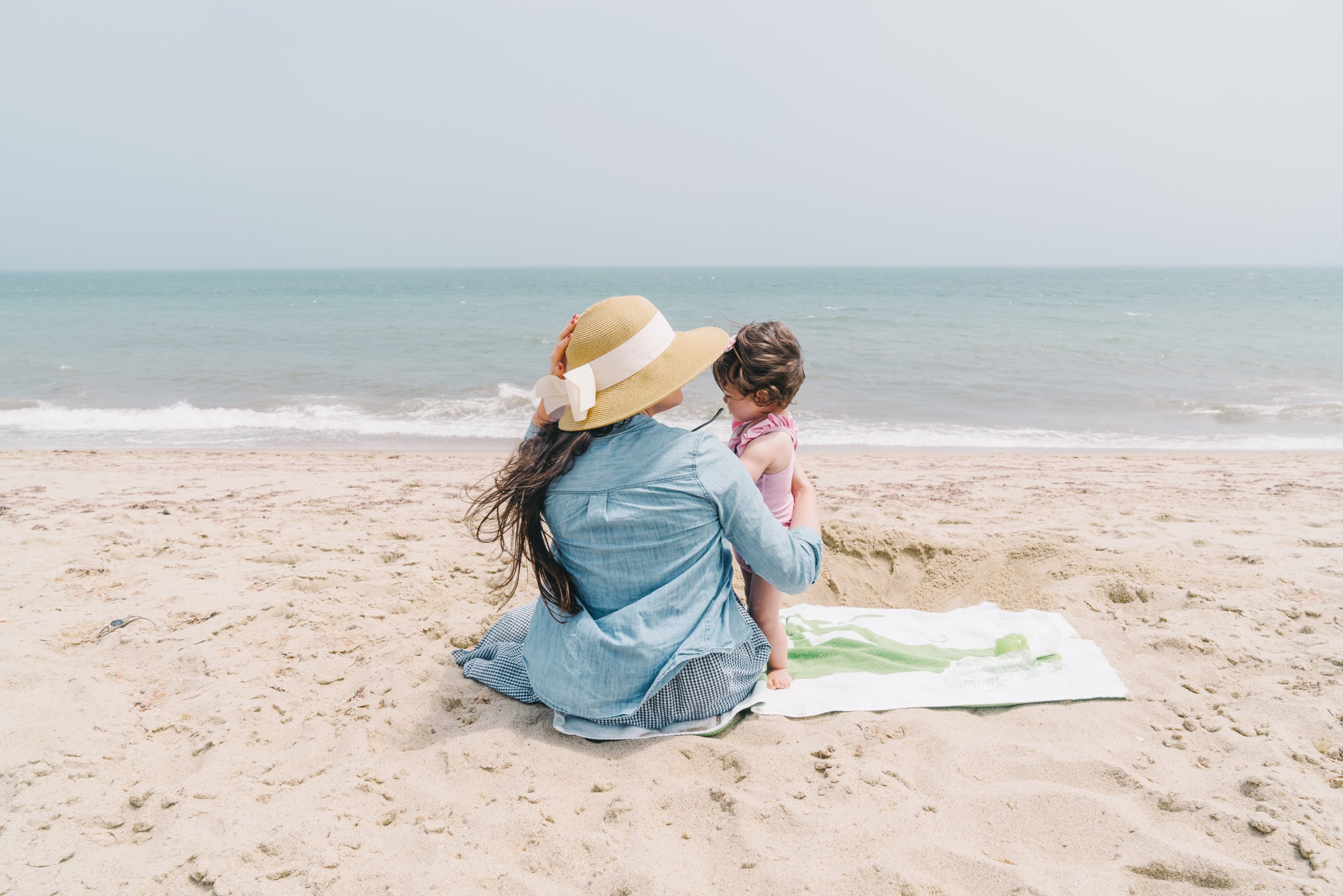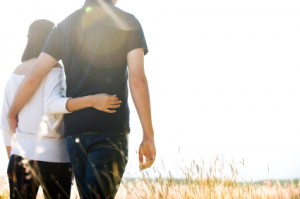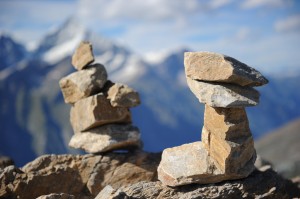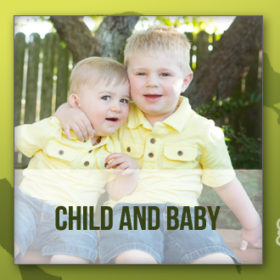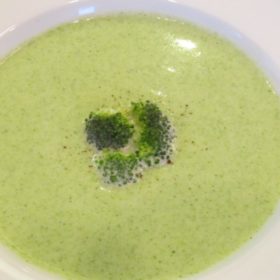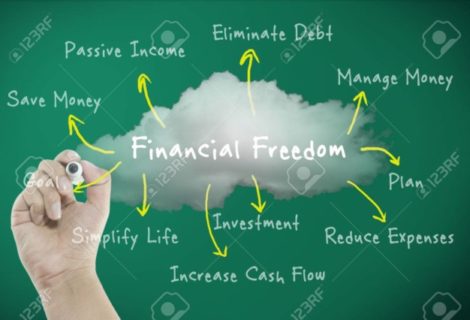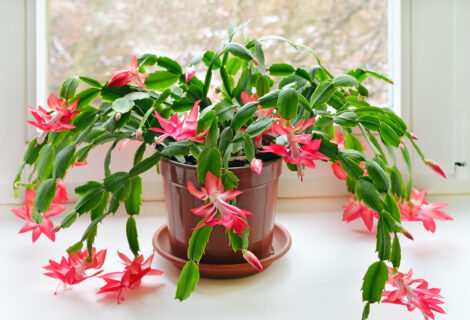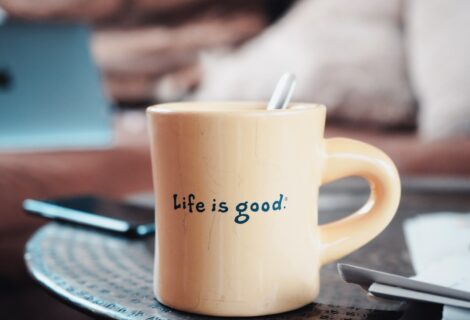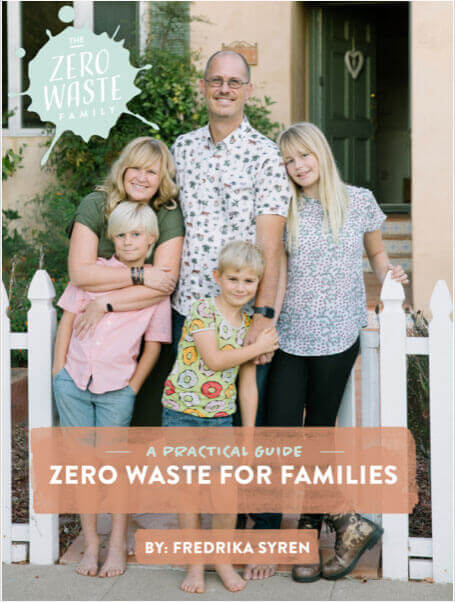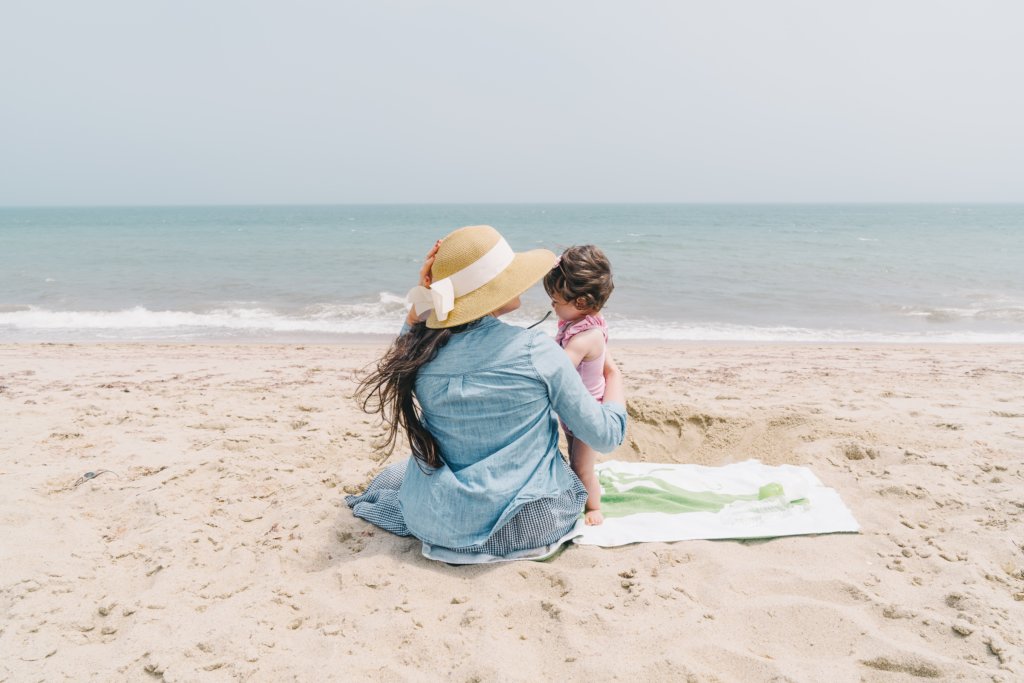
Years back, I toyed with the idea of abandoning modernity, finding a nice patch of forest and adopting a life in the wilderness — Walden Pond style, eating berries and twigs, and surviving amongst wild creatures. Living as naturally as possible off the land and off the grid sounded like the best way to minimize my impact on the environment. While I surely do love the sound of an extended camping trip, I ditched that idea long ago in favor of a more practical approach to living a conscious, eco-friendly life. I do things that any environmentally conscious person does, such as reducing my waste stream, walking and biking wherever I can instead of driving, and eating a plant-based diet as organic and local as possible. I am also still inspired by a Waldenesque lifestyle, and I try to practice minimalism to simplify my life and reduce my impact on the environment.
Belongings:
It’s part of our culture to consume, shop, and buy more stuff. For birthdays and holidays, we buy each other new gadgets, trinkets, and clothes. For fun we go to the mall, and when we’re bored, we browse the web for more things to buy. I’m no exception; I buy more books than I’ll ever have time to read, and I sometimes I can’t resist a new sweater or pair of earrings when I have plenty that I hardly ever wear.
We become attached to these objects and they accumulate in our homes. Most of it becomes clutter, just stockpiled stuff we don’t really need. I’ve found that whatever joy was brought by purchasing new objects is transient, and disengaging myself from a materialistic lifestyle feels much better. Getting rid of junk I’ve held onto for too long and things I don’t need or use not only de-clutters my home but it feels liberating.
I don’t deprive myself of new things, but before buying something I ask myself, “Do I really need it, or do I just want it? How often and for how long will I use it?” I also think about what will happen to the object when I’m finished using it. Will it end up in a landfill? By asking myself these questions and choosing not to buy unnecessary material objects, I save myself a lot of money, I prevent clutter in my home, and I reduce waste.
When attempting to live a minimalist lifestyle, I also take into account my relationships with other people. Tossing out old friends just as I get rid of old belongings isn’t exactly what I have in mind, but I simplify my life by simplifying my relationships. By this I mean that I focus on the friends and family members that I care about most, and I spend more time and energy with them rather than worry about my acquaintances. Draining relationships that cause me stress or don’t have any positive impacts on my life are sort of like material clutter. When I stop concerning myself with these relationships and save my energy to focus on myself and my most valuable friendships and family members, I live a happier and simpler life.
Mindset:
One of the four noble truths in Buddhism, which I still remember from my college philosophy class, is about cessation of suffering caused by our attachment to things and our craving of sensory pleasures. This principle has stuck with me, and I’ve realized that constantly wanting new things and becoming attached to material objects causes more harm than good. By living minimally, our necessities and close relationships become more valuable, and life becomes more meaningful.


